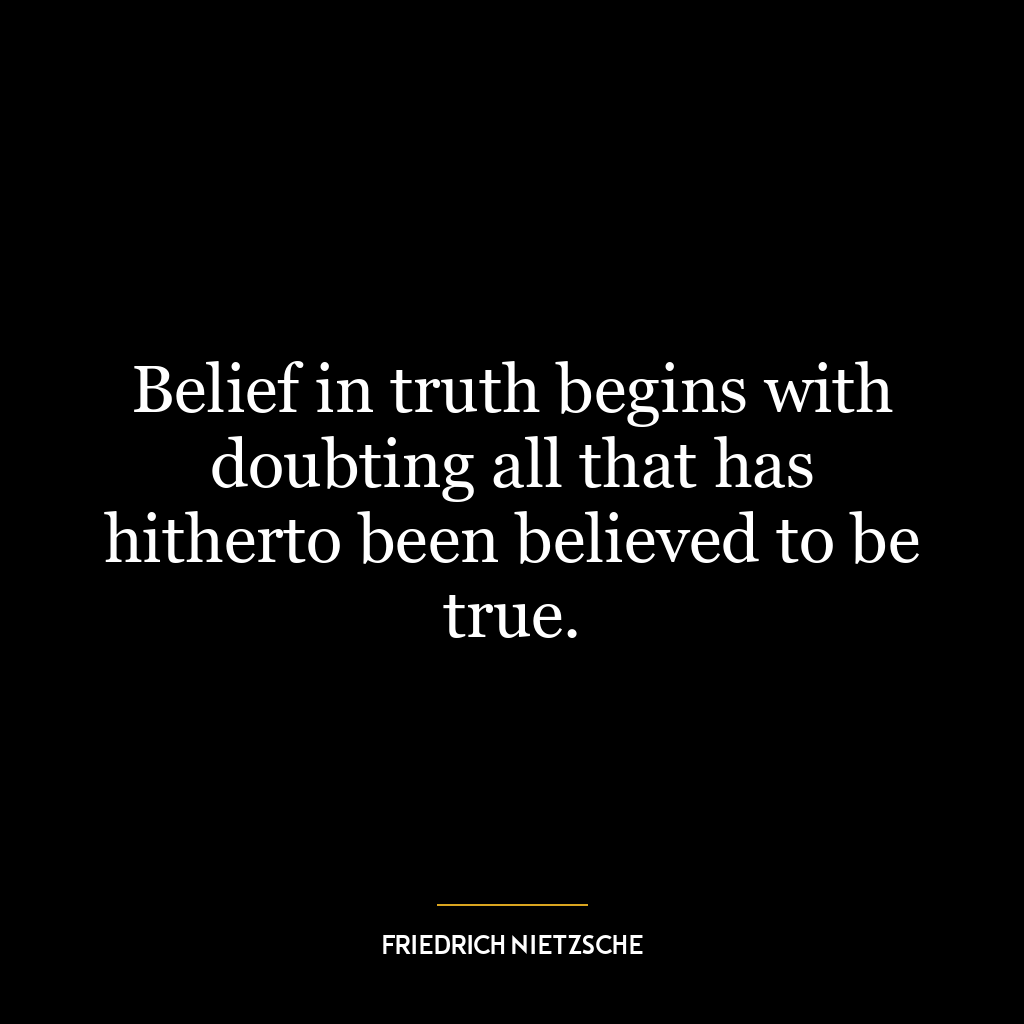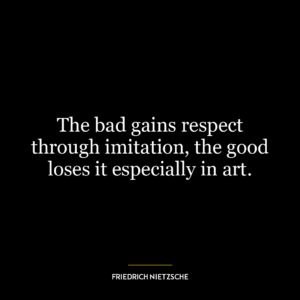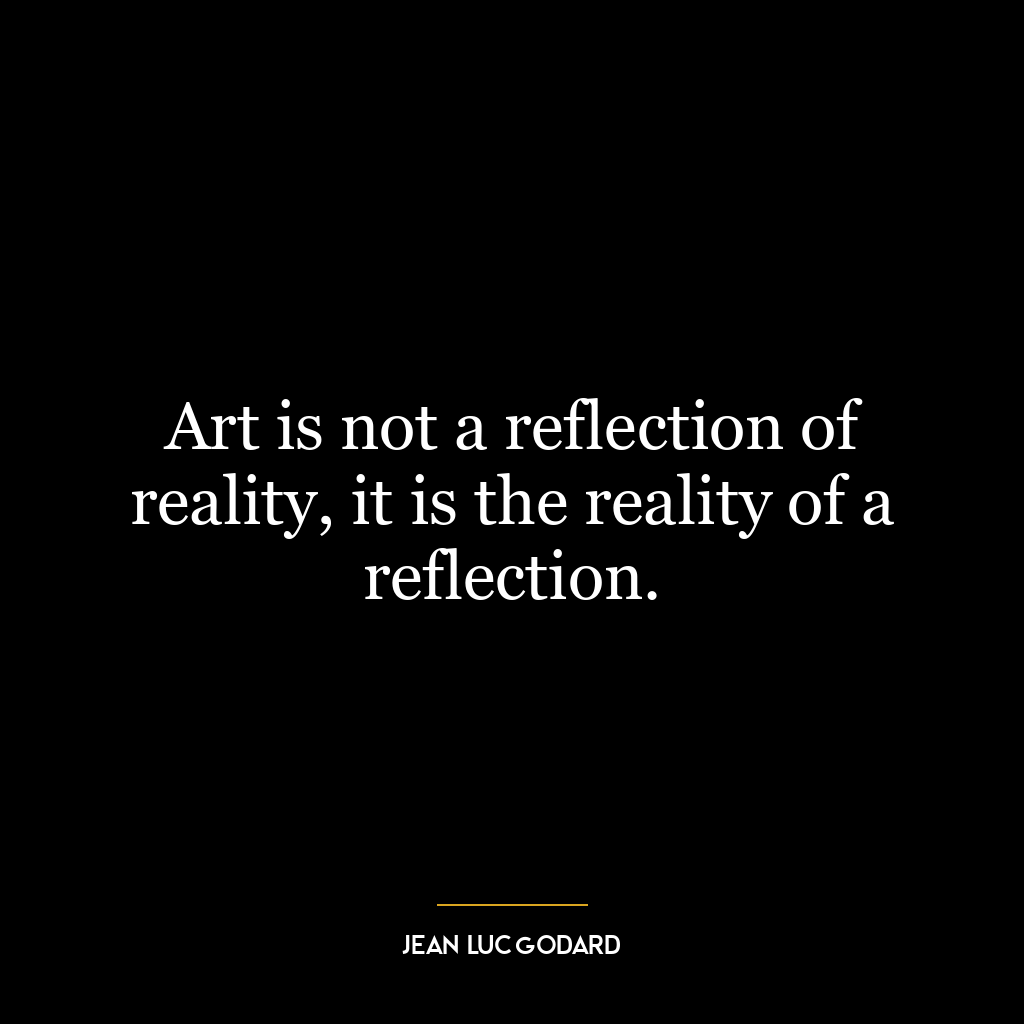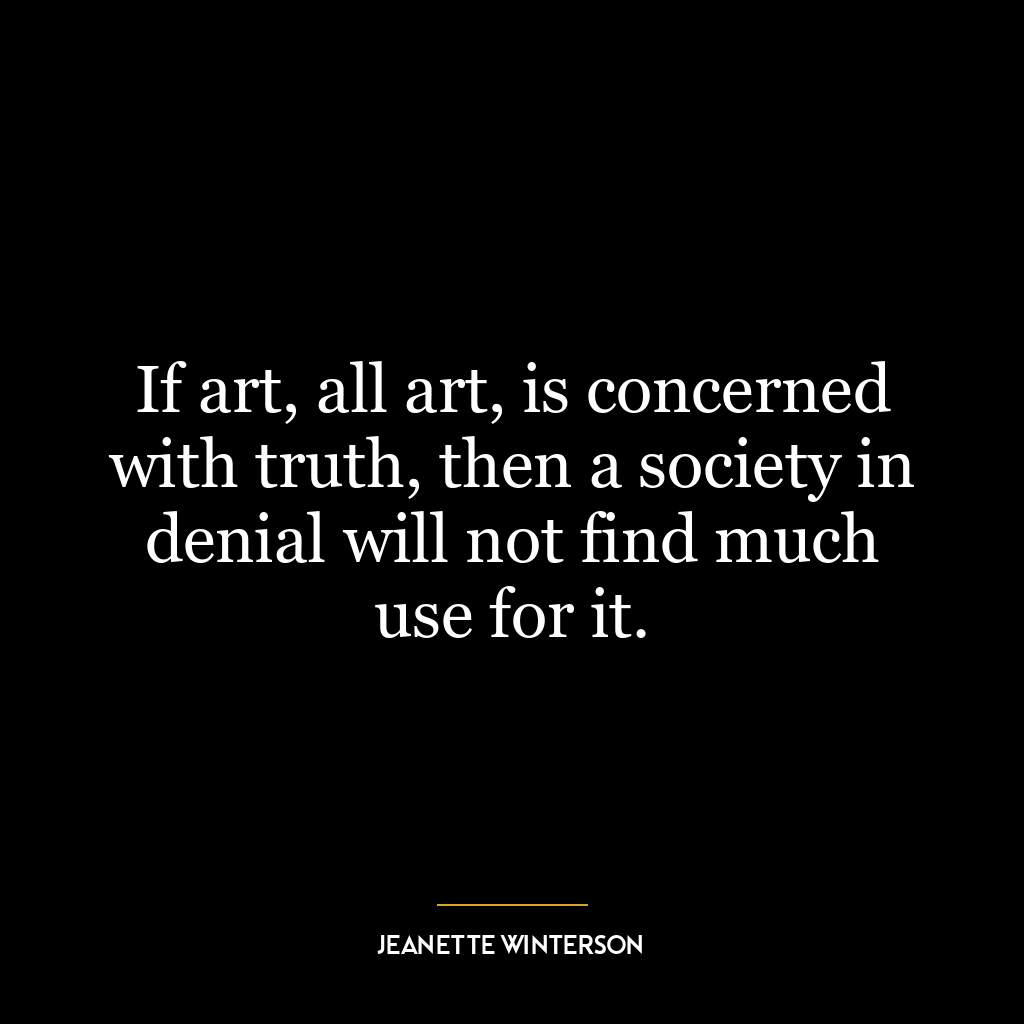Belief in truth begins with doubting all that has hitherto been believed to be true.
This quote emphasizes the concept of skepticism as a starting point for discovering truth. It suggests that in order to truly understand and believe in truth, one must first question all pre-existing beliefs and assumptions that have been accepted as ‘true’ up to that point. It is about challenging the status quo and not accepting things at face value. This process of doubting and questioning allows for the exploration of new perspectives and ideas, which can lead to a deeper understanding of truth.
In the context of today’s world, this idea is particularly relevant in the era of information overload and ‘fake news’. People are constantly bombarded with information, and it can be challenging to discern what is true and what is not. By adopting a skeptical attitude, one can critically evaluate and question the information they receive, rather than blindly accepting it. This can lead to a more informed understanding of the world.
In terms of personal development, this concept encourages individuals to question their own beliefs and assumptions. This can be a powerful tool for growth and self-improvement. By challenging our own beliefs, we can uncover biases and misconceptions, paving the way for a more open-minded and enlightened perspective. It also promotes intellectual humility, as it recognizes that our current understanding of truth may be flawed or incomplete.
The quote, therefore, is a call to constant learning, questioning, and re-evaluating, which can lead to a deeper understanding of truth in both our personal lives and the world at large.















